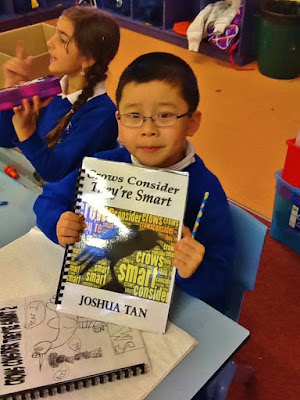BOOK WEEK 2021 -Reading Poetry To Young Readers & Writers

Book Week 2021 I had so much fun this morning with on line reading of poems- older poems from my books and some freshly minted poems from my recent notebook gatherings. I shared them with two groups of impressionable 5-7 year old readers & writers from Rowville PS. We explored poetry's vast terrain to show all the worlds in which ideas for writing await us... Not surprisingly, I enjoyed presenting and sharing. I hope my enthusiastic reading and sharing delivers some writing energy and confidence. Some little spark of an idea to set these young poets going... Finger's crossed. It was fun for me to be able to share a little of my experience and hopefully my love of poetry was apparent to these curious learners. Here are two of the poems I shared. Hope you like them too. Feel free to share them with other curious learners and probationary poets.


